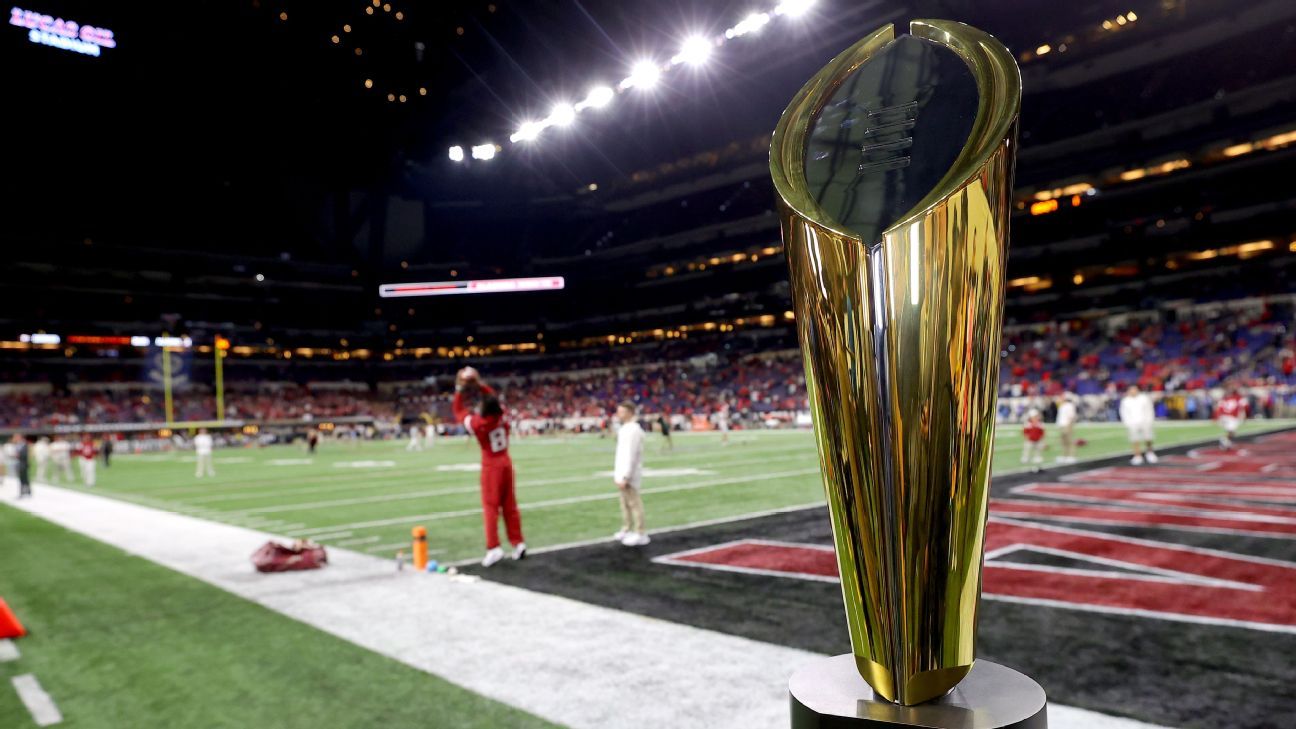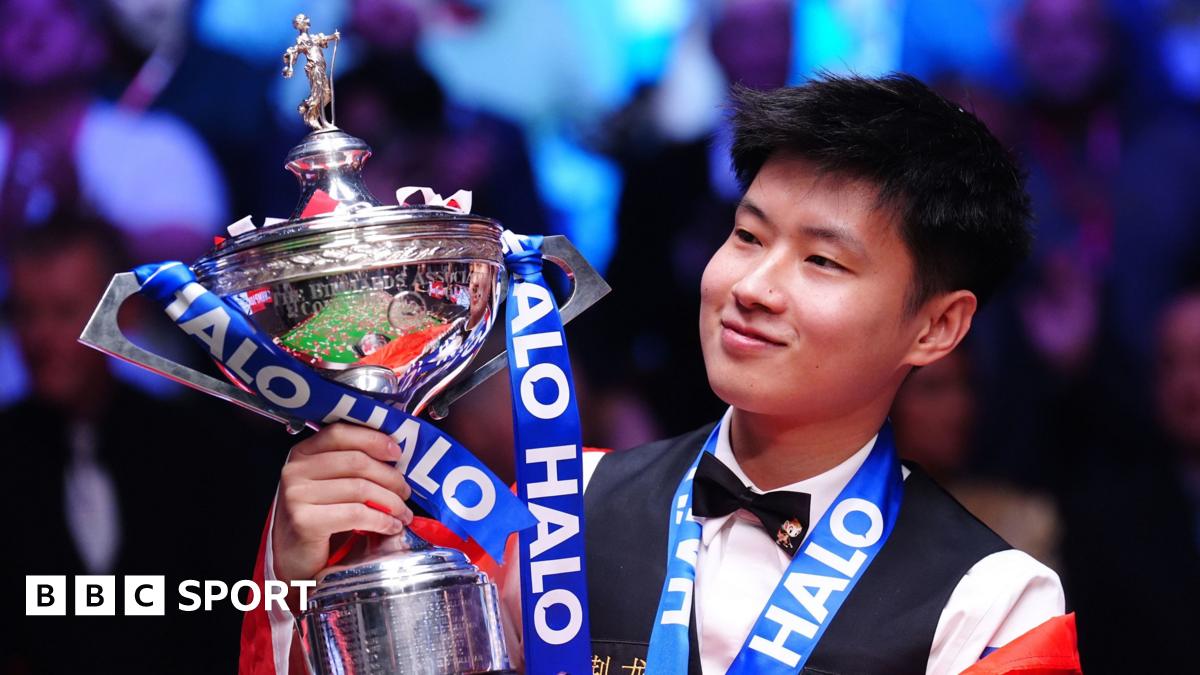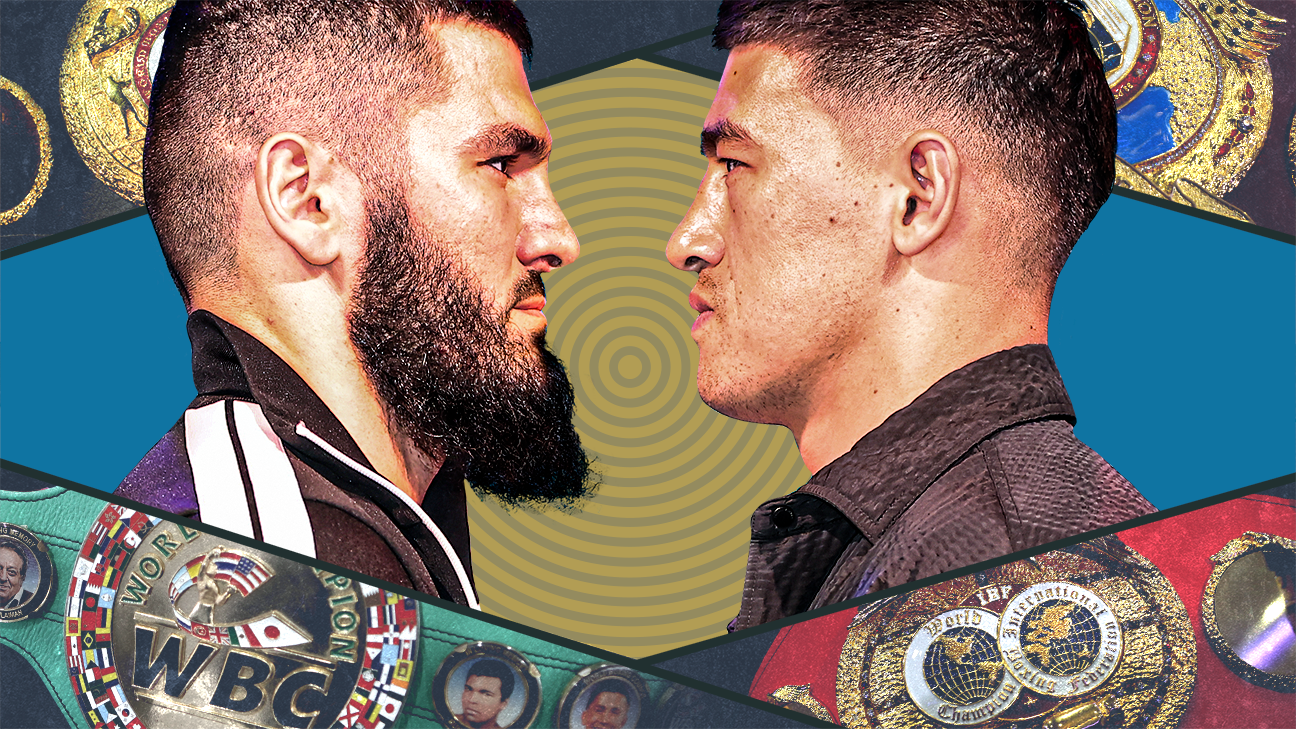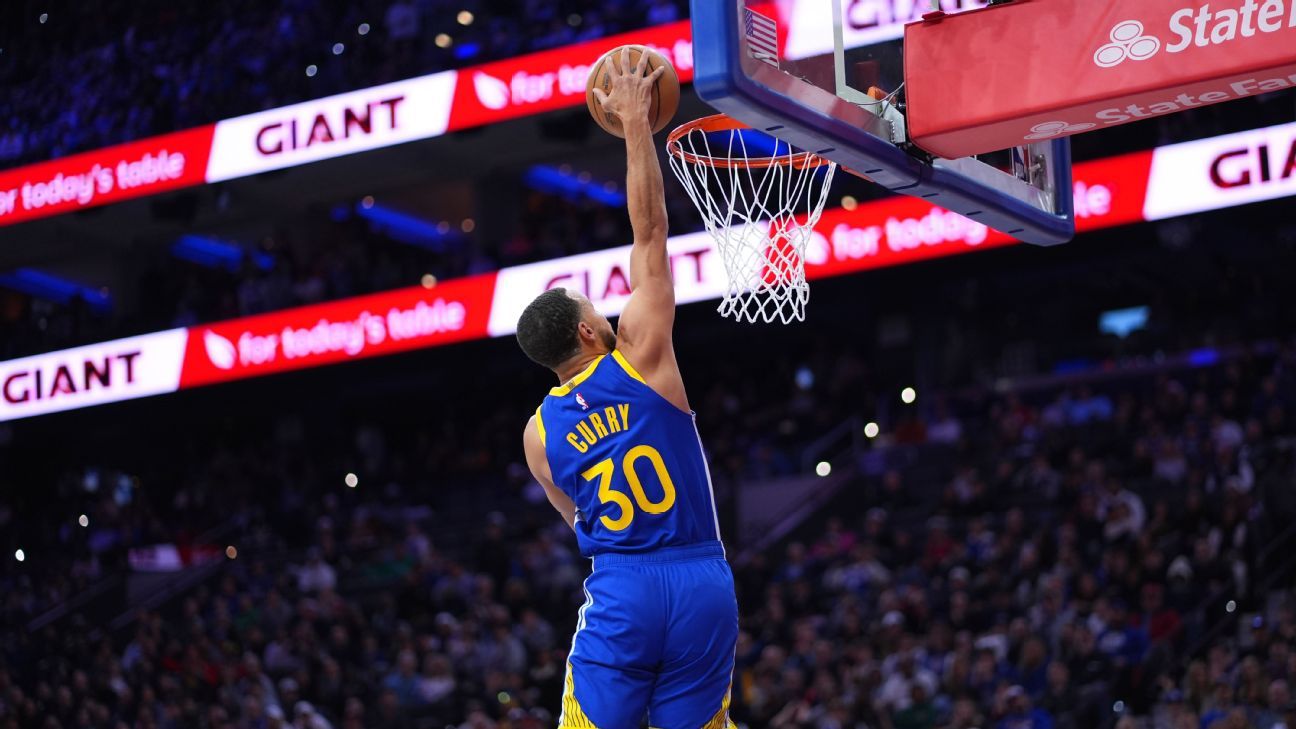
Marcel Louis-JacquesFeb 19, 2025, 06:00 AM ET
- Marcel Louis-Jacques joined ESPN in 2019 as a beat reporter covering the Buffalo Bills, before switching to the Miami Dolphins in 2021. The former Carolina Panthers beat writer for the Charlotte Observer won the APSE award for breaking news and the South Carolina Press Association award for enterprise writing in 2018.
Years before he was an assistant quarterbacks coach for the Miami Dolphins, Chandler Henley was an all-state wide receiver at Mullen High School in Colorado. After a year at Choate Rosemary Hall preparatory school in Connecticut, he targeted an Ivy League school to continue his playing career.
He visited Yale in January 2002 and was assigned to a freshman host. While playing video games in his apartment, the host told Henley a few guys from the team were coming over. One of the players who walked in was immediately familiar to Henley -- an undersized wide receiver from Colorado's Smoky Hills High School, one of Mullen's conference rivals, whose name always seemed to appear next to his in the local newspaper.
Mike McDaniel.
McDaniel had enrolled at Yale the year before and walked onto the football team, where former teammates and coaches told ESPN he immediately displayed an acumen for the game and ability to teach that set him apart from his teammates.
"He was all ball. And I think that from day one, he just ate the stuff up," said former Yale quarterback Jeff Mroz, who played with McDaniel from 2002 to 2005. "You can tell -- either you have a love for the game or you don't. And it was obvious that Mike had a real love for the game. I think that's kind of the root of what he's been able to build off of.
"There's a passion, there's a love, and if he's going to dedicate his life to it, he's got to be all-in. And Mike, from when I met him, he's always been all-in."
All told, McDaniel spent four years as a wide receiver at Yale -- two on the JV team before being elevated to varsity his junior year. His name may not show up in the Yale stat book, but McDaniel established himself as a leader, a player-coach, a film room guru and, pound-for-pound, one of the strongest players on the team. He attended the school and continued his football dream as a player, but quickly realized he was a long shot to ever see the field.
"I realized, live-speed, the whole thing that I've been on the journey for -- wasn't totally in reach," McDaniel said. "I immediately turned to the better athletes and told them things that I saw and thought, and pretty quickly had a natural ability to convey things so that they could understand. And then that kind of gave me a transition to have a place on the football team without being a major contributor [on the field]."
McDaniel worked his way up from being a Denver Broncos coaching intern in 2005, through stints with the Houston Texans, Cleveland Browns, Washington, Atlanta Falcons, San Francisco 49ers and even the Sacramento Mountain Lions of the United Football League.
As coach of the Miami Dolphins since 2022, McDaniel is focused on ending the franchise's quarter-century-long drought without a playoff victory, but his legacy at his alma mater lives on through the teammates, coaches and friends from his college career. Here are some of their favorite stories.
MCDANIEL'S COACHING CAREER didn't begin during an internship with the Broncos in 2005. Instead, it was just outside Yale's football fieldhouse near the Walter Camp Memorial, dedicated to "The Father of American Football."
Henley, who graduated as Yale's third-all-time leading receiver, credits McDaniel for helping him achieve that success. Before each game during his senior season in 2004, McDaniel ran Henley through a 40-minute routine in the grassy area just outside Yale's Lapham Field House, roughly 2 miles from the Yale campus in New Haven, Connecticut. The workout included drill work McDaniel picked up by watching film of the Broncos.
One specific drill was inspired by former Broncos wide receiver Rod Smith.
While watching film, McDaniel noticed Smith essentially "drop-stepped" after catching a ball on a comeback route, ensuring at least a few yards after the catch. It was a basketball move but with clear evidence of it working on the football field, McDaniel implemented it into his routine with Henley.
"Rod Smith would do that all the time, and I just noticed, and it looked like a drop step in basketball," McDaniel said. "So we started drilling that and that drill that I would do with Chandler before the games, and then eventually we got the receiver coach to do it. That drill we still do today [with the Dolphins]."
McDaniel also found a way to train Henley's eyes and calm any pregame nerves during those sessions.
"He would run circles around me [throwing the ball] and I would catch everything," Henley said. "It was just this way to do a little bit of a trance type of deal to get your eyes right. And then it was also a way to kind of blur, distract yourself from thinking about the game and all that.
"I was like, I'm just focused on this football right now. Lemme catch the first white stripe over and over and over and over and over again. And that was more or less his idea to start doing that, which I was happy to do because of the whole nervous energy thing."
Their sessions weren't limited to pregame.
After practice, teammates remember seeing McDaniel run Henley through another gauntlet of drills.
"I do remember constantly walking by and being like, 'What the hell are they doing?'" said former Yale quarterback Alvin Cowan, who spent two seasons with McDaniel in 2003 and 2004. "Chandler would be on the ground and in his pads, and Mike would throw him the ball, and Chandler would be working on one-handed catches and s---. It was like, 'Where is this game oriented? How is this going to make Chandler a better football player?'"
But the end justified McDaniel's unorthodox means.
Henley was Yale's "Odell Beckham Jr.," according to Cowan, who said the wideout made more one-handed catches than anyone on the team.
When Henley made an impressive game-tying touchdown catch against Princeton in 2003, Cowan began to see the bigger picture.
"Chandler went up and he high-pointed that thing and twisted his body, which is all to say ... maybe they did know what they were doing," Cowan laughed. "Maybe Mike's training helped Chandler make that catch that won us that game -- I don't know. "I just remember thinking, 'I don't know what the hell they're doing.'"
Another memorable feature of the work McDaniel did with Henley was their overly exaggerated walk-throughs the day before games.
"They would line up kind of in a formation ... and they would run a play in slow motion -- literally miming slow motion," Cowan said. "Chandler's mouth would be moving really slow, and they would run the whole thing in slow motion.
"And then they would run it backwards, rewind it in slow motion. It was almost like a stage play. It was like they had organized and orchestrated every movement and everybody was moving in slow motion. And when you watched it, it was hilarious."
McDaniel laughed when asked about his walk-through practices; he remembers those times fondly and acknowledges their impact today.
"I remember the same feeling that I get coaching today, where I was trying to come up with things that would better tool his vision in the game and impact the game," he said. "And when there would be a catch that he was a little more aggressive on based upon something similar that we're drilling, it would give me validation and purpose."
BEATING THE ODDS has long been a driving force for McDaniel, which is why his lasting four seasons with the team was such an impressive feat to those in the program.
Most walk-ons don't last more than a year. The idea of playing college football is alluring, but McDaniel's coach at Yale, Jack Siedlecki, said many underestimate the workload of an Ivy League walk-on.
Further complicating matters for McDaniel was the fact that his physical limitations made him no slam dunk to be accepted into the program at all.
"Kids didn't really realize what the whole football experience was," Siedlecki said. "A lot of people, I think when they think of Ivy schools, they think it's like Division III-level football -- it's not. It's very good football, and you've got to be a football player."
Siedlecki said Yale's program at the time was "very selective" with bringing on walk-ons, and after watching McDaniel's high school film, he didn't view him as a Yale-caliber football prospect. But McDaniel was such an attractive candidate as a student that the school's dean of admissions, Rick Shaw, pushed for Siedlecki to make room in the program.
"I mean he's 5-foot-8. I think he [weighed] about a buck-40 and ran a 4.9 40 on a very sympathetic coach's watch," Siedlecki said. "So I mean, in reality, he wasn't going to be a player for us, but he was a kid who wanted to play football."
Once on campus, McDaniel said he never considered quitting the team, despite realizing quickly he was a long shot to ever see the field.
"I'd been very well-versed in people telling me that I couldn't and I came in," he said. "I was the smallest student on the team and really the culture shock of being a Colorado kid, which is very similar to being like a California kid, and then going to the prep school world and just being a freshman and whatever -- I wasn't going to go out that way."
McDaniel said proving the doubters wrong fueled his commitment to helping the team in a non-playing role, and helped him stick it out where so many others would have quit.
"Finding different ways to contribute week in, week out distracted me from something that was never in the cards for me," McDaniel said. "I wasn't going to go and quit, because it wasn't the formula that got me there. So it was probably a little too steep of an ambition, but that's how I'd kind of operated my whole life. ... When people looked at me a certain way and was like, 'Yeah, you're not going to do this.' I'm like, 'thanks.'"
WITH THE DOLPHINS, McDaniel has become known for making self-deprecating jokes about his size relative to his players. But his strength during his playing days was one of the aspects about his time at Yale that impressed his teammates the most.
At 6-foot-5, 225 pounds, Mroz had prototypical size for the quarterback position. He was a team captain and Yale's second-leading career passer when he graduated (now seventh). There were plenty of reasons for players to look up to Mroz; there was a hyper-specific reason Mroz looked up to McDaniel.
"I've always admired his glutes," Mroz said with a laugh.
McDaniel weighed 143 pounds when he enrolled at Yale, and immediately began a six-day-a-week training regimen to help him catch up physically with his peers.
By the time he graduated, McDaniel was up into the 180s and had transformed himself into one of the strongest players on the team, accounting for size, according to Mroz.
His specialty, Mroz said, was the Nordic curl or glute-hamstring raise -- where a person kneels on both knees while a partner holds their ankles. The person then lowers their upper body to the ground and raises themselves back to their original position, preferably without using their arms.
"Mike could go down and up without touching the ground with his hands," Mroz said. "Probably the only guy on the team that could do that. That was a pretty cool physical feat that I haven't seen many people able to do."
McDaniel said he got so good, he could do it while holding a 45-pound plate.
"I never for one second ever even considered quitting [the team]," McDaniel said. "But I knew I had to make a ton of gains in the weight room."
"HUMBLING" WAS HOW McDaniel described his two years on the JV team. But the experience proved an important step on his eventual journey to become a coach.
Sophomores don't remain on JV. So in Year 2, as one of the oldest players on the team, he took on a leadership role, which helped the younger players better acclimate to the college game and became, as one former teammate described, the quasi-coach of the JV squad.
"I've always gotten into the ebbs and flows of football," he said. "Typically, players naturally get very reactionary to negative stuff and it never made sense to me because when you watch football, the ebbs and flows of every game, every winner has a down point in a game.
"So, I found it fun to be able to kind of inspire a little bit in situations where guys were kind of down. That stuff never ever got me down. I always saw it as like, 'All right, the story's bigger if you pull it off and come back.'"
That willingness to coach his teammates carried over once he reached the varsity level.
One such instance happened on a drive against Princeton during his junior season. Yale trailed by seven points and started a potential game-tying drive on its own 8-yard line with 1:08 remaining in the game.
"We have to drive basically the length of the field to tie the game up and try to force overtime," former Yale wide receiver Ron Benigno said. "And there's a part where we need to get a play to even get into being able to make a shot at the end zone. So, we need probably like 15, 20 yards to gain ... [McDaniel] was literally in our coach's ear screaming this play to run, because even then, he's looking from the sideline, and he can see something that will get us what we need."
McDaniel's loud suggestion worked.
Cowan completed a 19-yard pass to Benigno to get the Bulldogs to the 22-yard line with 7 seconds remaining, and found Henley in the end zone as time expired to tie the game. Yale would eventually win 27-24 in double overtime.
"I just feel like even at that age, he just had so much football knowledge," Benigno said. "It's no surprise really to anybody that knew him that he's gotten to where he is at this point."
BY THE TIME he graduated, Cowan was Yale's all-time leader in passing yards and passing touchdowns. His 2003 season set a school record for total offense with 3,429 yards. But one of his most vivid memories of the season came courtesy of McDaniel in the Bulldogs' first game.
Cowan remembers every play of that Princeton drive; he doesn't remember hearing McDaniel calling plays from the sideline but he wasn't surprised by the story.
It was pattern behavior for the undersized walk-on.
During Yale's season-opening 62-28 home blowout win over Towson, McDaniel made another loud suggestion from the sideline; this one wasn't so well received.
"You got a 60,000-person stadium with maybe 10,000 people in it -- so you can hear a few things," Cowan said. "We're running check with me, which means I basically have the playbook at my disposal and I hear 'Ohio! Ohio!' I turn in a moment of pause and look, and there's Mike telling me to run Ohio, which is a pretty base go-flat concept by a two receiver side. "I remember thinking at the time, 'Who the f--- is this fourth-string wide receiver yelling at me, the starting quarterback, telling me what to run?'"
From Cowan's perspective, it was infuriating for a walk-on receiver to tell him which plays to run during a game. But looking back, he appreciates McDaniel's attitude.
"That early on, dude is already thinking, 'How can I help the team?'" Cowan said. "And with the benefit of reflection, I think that's what he's always been about, right? How can I help the team, how can we win? And he always had a great football mind, in fact, as good or better than some of the people that were coaching.
"I remember after the game being like, who the f--- does this guy think he is? Well, it turns out that guy's the head coach of the Dolphins now, and maybe I should have listened to what the hell he was saying."


















































